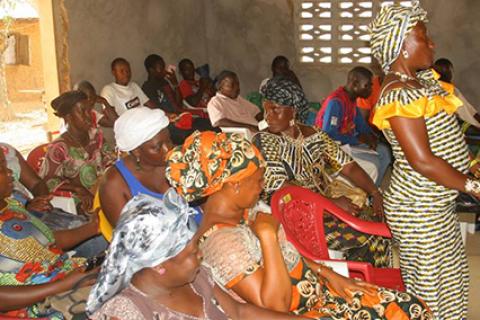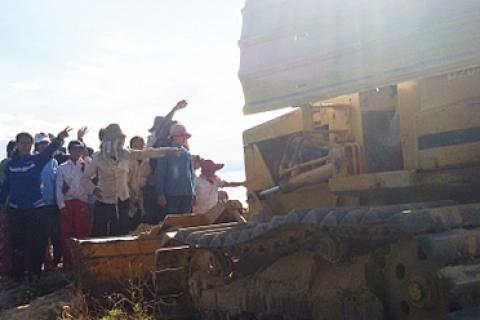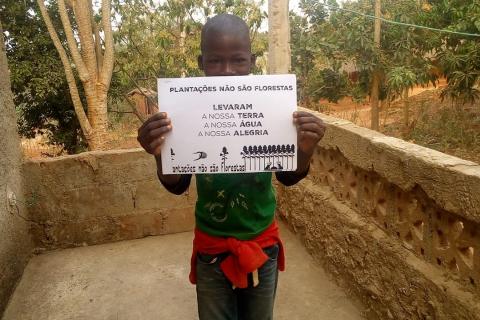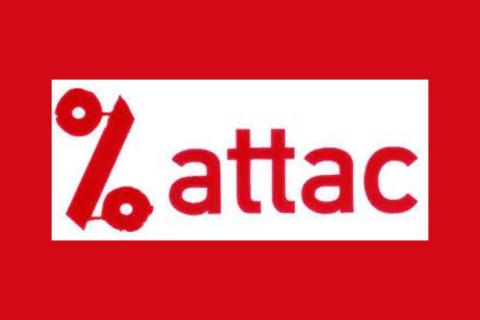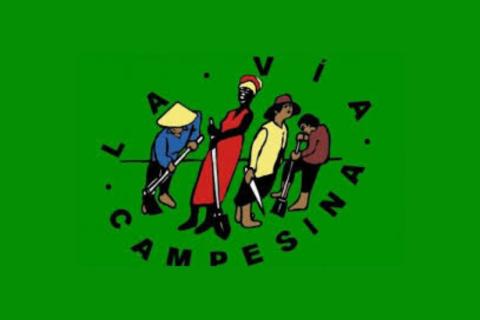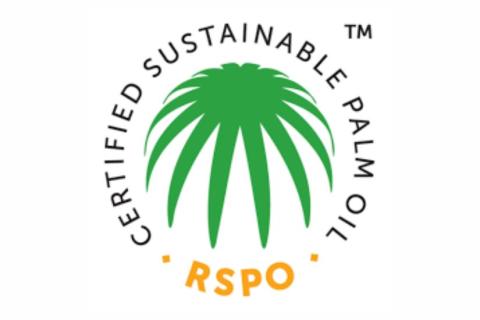Tropical rainforests cover 85% of the total land area in Gabon. They are home to an immense diversity of species, on which some 300,000 people depend for their survival, through hunting, gathering, fishing and small farming.
Bulletin articles
The Garwula District, in Grand Cape Mount County, is one of the areas affected by the 63-year lease agreement signed by the Malaysian giant oil palm producer Sime Darby with the Government of Liberia in 2009. When the company established large scale export-oriented oil palm plantations the livelihoods of the local residents were disrupted, and women have had to cope with many difficulties.
A community petition on Avaaz.org calls for action against companies that subsidized by a European Union trade scheme, forcibly displace hundreds of thousands of Cambodian farmers from their land. These schemes are intended to benefit poor countries, but in Cambodia they have incentivized companies that steal people's land and make them poorer, while the benefits have flowed primarily to a business and political elite.
The organization Fian International - for the right to adequate food, began an action in October 2012 to end on 30 April 2013 in defense of peasant communities in Niassa province in Mozambique who have lost access to land used for food production and to natural forests and thus are facing food insecurity and violations of their right to food due to the establishment of large-scale tree plantations promoted and financed by Sweden.
Close to 3,000 members of the Peasant Women’s Movement (MMC), hailing from 23 different states, gathered on February 18-21 for the first national meeting of the organization. The central theme of the gathering was the fight against violence against women. On the morning of the last day, the women filled the plaza in front of the National Congress building in Brasilia with the colour purple and shouted out slogans.
A new year has begun. But a change in the calendar does not necessary imply a change in the intensification of the processes of domination and destruction that are the reason for the resistance struggles of so many peoples and communities, and the social organizations who work alongside them.
Nevertheless, it is a symbolic opportunity to stop for a moment, look back and look forward, gather forces, raise banners, and feel hope.
In this issue of the WRM Bulletin we analyze the large-scale generation of energy from wood biomass. This is a new trend which, particularly in the European Union, involves the ever increasing use of wood as a means to meet “renewable energy” targets.
What was initially portrayed as an environmentally friendly way to take advantage of waste wood has rapidly turned out to be another large-scale process that requires growing consumption of wood. It has also led to the emergence of new energy market commodities, such as wood chips and wood pellets.
Biomass is the oldest energy source used by humans. It is found in abundance in almost every part of the planet and today, more than two billion people depend on it for cooking, heating and lighting, particularly in the countries of the global South. Energy produced from biomass is called bioenergy.
At the 18th meeting of the Conference of the Parties to the United Nations Framework Convention on Climate Change, held in Doha, Qatar, negotiations around REDD+ broke down primarily as a result of one issue in particular: how to verify the emission reductions achieved by avoiding deforestation through REDD+ projects.
Since its founding, WRM has worked in defence of human rights when denouncing deforestation brought about by oil drilling, mining, logging, the construction of dams and other megaprojects, and the expansion of monoculture tree plantations and agribusiness in general. This is because, in every one of the cases denounced, the rights of communities who live in or depend on forests are systematically violated.
The certifying body Roundtable on Sustainable Palm Oil (RSPO) has failed to act against a company looking for RSPO’s seal which has bulldozed farmland and forests belonging to the indigenous community of Muara Tae, assisted by the intimidation of armed police brought in to protect the company.
